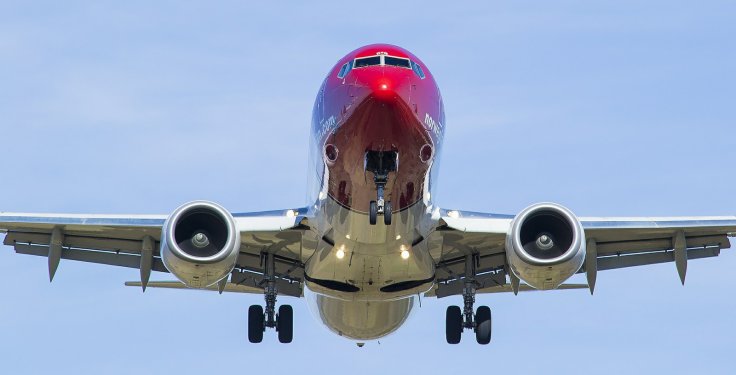Boeing whistleblower John Barnett reportedly appeared to be in good spirits and "didn't seem depressed" at dinner on the evening before he allegedly committed suicide. Barnett, 62, was found with a 'self-inflicted' gunshot wound in Charleston, where he was actively involved in depositions for a major lawsuit linked to the production of the 787 Dreamliner aircraft.
Lawyers, friends, and witnesses have all claimed that Barnett appeared positive and optimistic about completing his testimony against his former employer in Charleston, and raised suspicions as to whether he would take his own life. An employee who works at the Holiday Inn where Barnett was found dead looked fine before his death.
Mystery Continues Over Suspicious Death

The unnamed employee at the Holiday Inn said that Barnett ate a quesadilla, drank a Coke, scrolled on his phone, and exhibited no signs of distress on the evening of March 8. "I didn't think of him at all until I heard the news the next day. He didn't seem upset at all," the employee told The New York Post.
Barnett's lawyer had earlier raised questions regarding the coroner's office findings that the gunshot wound was 'self-inflicted,' citing Barnett's positive demeanor during the intervals between his depositions.

According to a police report obtained by DailyMail.com, two days before his suspected suicide, Barnett extended his stay at the Holiday Inn, with his scheduled check-out date being the day before the alarm was raised.
The report outlines that a friend of Barnett's contacted the hotel at 10 am on March 9, requesting a welfare check. Hotel employees tried to contact Barnett by knocking on his room door but did not get any response.
A staff member then searched for his orange Dodge Ram in the hotel parking lot, where Barnett was found dead in the driver's seat, holding a "silver handgun" in his right hand.
The report notes that Barnett's "right pointer finger remained on the trigger," and he sustained a 'gunshot wound near his right temple', as per the Charleston Police Department.
The report also mentions that there was a "white piece of paper resembling a note" on the passenger seat. The contents of the note have not yet been revealed.
Although the Charleston County coroner initially labeled the death as "self-inflicted," they mentioned that further tests are underway before reaching a final conclusion. Police have said that they are continuing to actively investigate the circumstances surrounding Barnett's death.
Family, Friends, Lawyers Still in Shock

Family friend Bob Emery who spoke to Barnett about two weeks before his death said that Barnett appeared highly focused on his legal pursuits with the lawsuit. Emery noted that Barnett did not show any signs of depression during their conversation.
He also shared with The New York Post that both he and Barnett had lost their wives, with Emery's loss being more recent and it was Barnett who regularly reached out and checked up on him to ensure he was doing okay.
"I lost my wife last year and he checked on me a lot," Emery told The Post.
"I told him that I have good days and bad days. He said that's to be expected, but as time passes, there would be more good days than bad days. He said he was doing well."
"He had a good life going for him. Even with the problems at Boeing."

Barnett's wife, Diane Johnson, who was also a former Boeing employee, passed away in 2022 after battling an undisclosed illness. She described in her obituary that she "enjoyed working on race cars with her husband."
Barnett's family said on Tuesday that he cherished his employment at Boeing until 2010 when he was transferred to Boeing's 787 plant in Charleston.
"Things greatly changed for him when he learned that upper management was pressuring the quality inspectors and managers to cut corners and to not follow processes and procedures which they were required by law to follow," the family said.
According to Barnett's family, Boeing pressured workers to overlook defects in order to prevent disruptions to the assembly line. They further claimed that employees who refused to comply with these directives were labeled as troublemakers, faced retaliation, and endured a hostile work environment.









